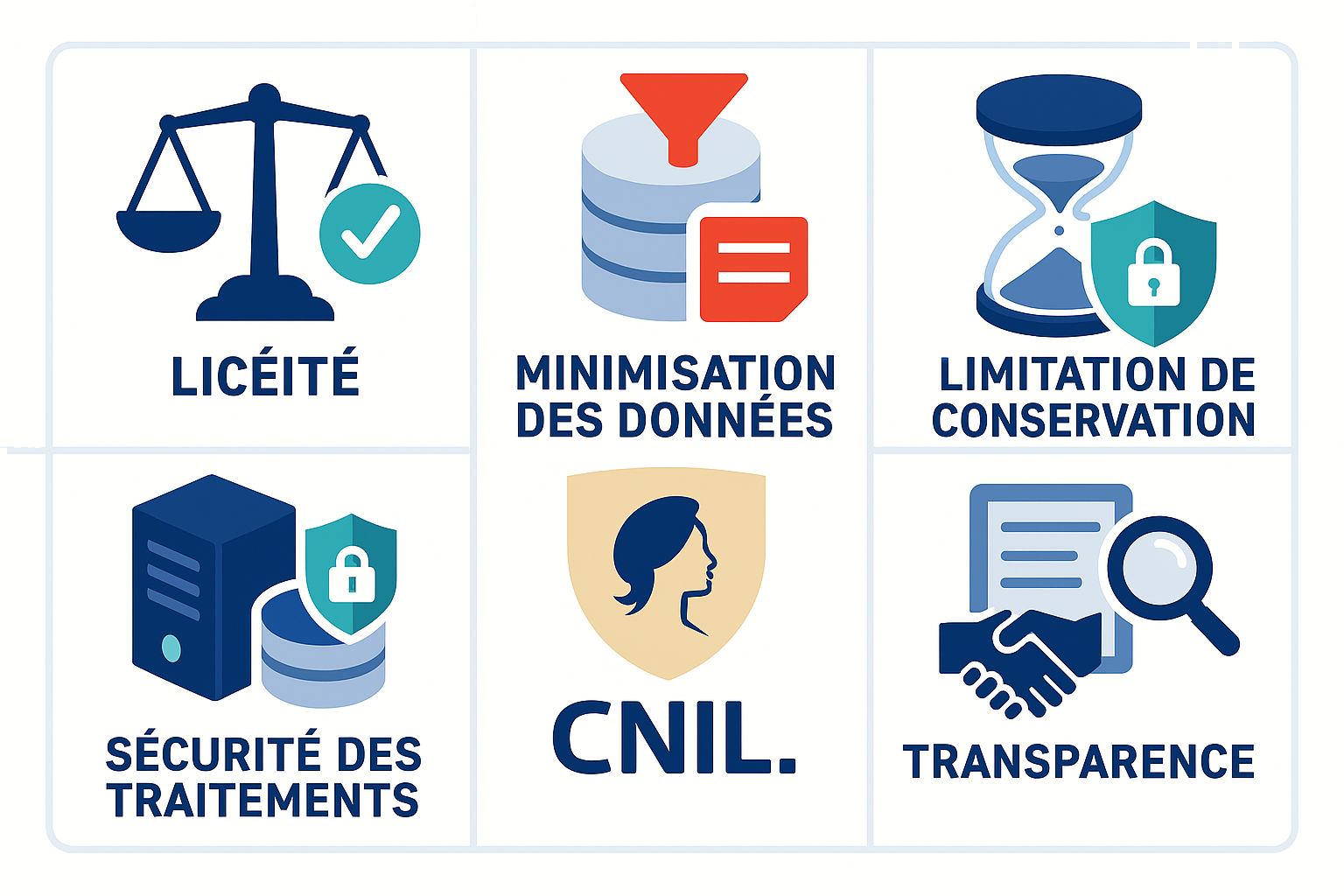
Les 5 pièges à éviter dans vos contrats informatiques
À l’ère du numérique, les contrats informatiques sont devenus des documents stratégiques, mais contiennent souvent
Delegating contract management allows you to concentrate on the operational aspects of your contracts and leave the management of your commercial relations to a trusted partner.

Contract Management has become an essential part of the modern business landscape, and many players such as Tomorro have positioned themselves in this field.
The latter involves the use of advanced technological tools to effectively manage the contract lifecycle.
This digital approach is vital for maintaining order, compliance and efficiency in the management of contractual agreements.

Before we begin, we'll conduct a thorough analysis of your company's contractual needs.
This stage includes reviewing existing agreements, understanding business objectives, and identifying potential risks.
This analysis provides a solid basis for structuring future contracts.

Based on the initial analysis, we will draw up the contracts, ensuring that they accurately reflect your needs and protect your interests.
This stage includes the customization of contractual clauses to suit the specifics of each situation.

We will then enter into negotiations with the other parties to finalize the terms of each contract.
The aim is to reach a balanced agreement that satisfies all parties, while ensuring legal compliance and protecting your company's interests.
In fact, we can negotiate contracts directly with the people we use.

Once the contract has been signed, we will set up follow-up processes to ensure that contractual commitments are respected.
This includes tracking important dates, managing modifications and renewals, and monitoring contract performance.

In the event of disputes or the need for renegotiation, I can help you to manage the situation more quickly. This may involve mediation, conflict resolution, or contractual adjustments to reflect changes in circumstances or business objectives.
The absence of a structured contract management process can expose a company to significant legal and operational risks, compromising its integrity and performance.
To avoid these risks, it is essential to put in place a robust and effective Contract Management process, which ensures compliance, minimizes financial and legal risks, and supports strong and lasting business relationships.

À l’ère du numérique, les contrats informatiques sont devenus des documents stratégiques, mais contiennent souvent

Les Tables Informatique et Libertés représentent un outil essentiel dans le domaine de la protection

Dans un contexte où la digitalisation du secteur de la santé s’accélère, la question de
Outsourced contract management involves entrusting the management of your company's contracts to an external lawyer or legal expert.
Unlike in-house management, where contracts are handled by your in-house teams, outsourcing offers specialized legal expertise and an outside perspective that can be crucial for complex or high-risk contracts.
The result is a more strategic approach, reduced legal risks and optimized contractual processes.
The benefits of outsourcing contract management include in-depth legal expertise, more effective risk management, improved compliance with laws and regulations, and optimization of contractual processes.
What's more, it allows companies to concentrate on their core business while ensuring that their contracts are managed professionally, thus reducing the time and resources invested in contract management.
In the event of a contractual dispute, outsourcing contract management offers a significant advantage.
A lawyer or contract management expert has the skills to negotiate, mediate and resolve disputes effectively. They can provide strategic advice, represent your company in negotiations or legal proceedings, and help find fair solutions while minimizing disruption to your business.
Outsourcing is particularly beneficial for complex, high-risk contracts or those requiring specialized legal expertise.
This includes international contracts, strategic partnership agreements, major supplier contracts, and licensing or intellectual property agreements.
For these types of contracts, the expertise of an external lawyer can bring significant added value in terms of risk reduction, regulatory compliance and strategic negotiation.